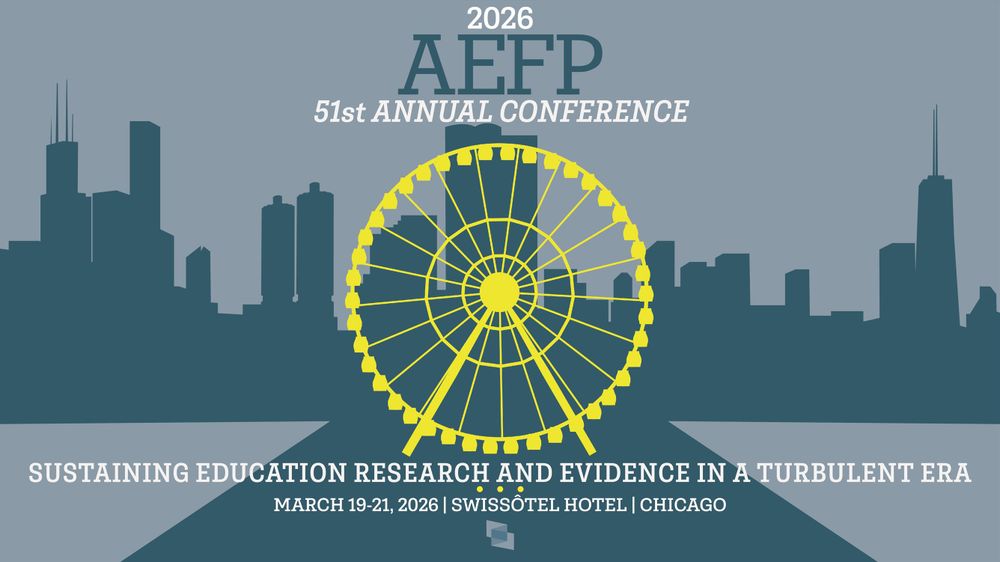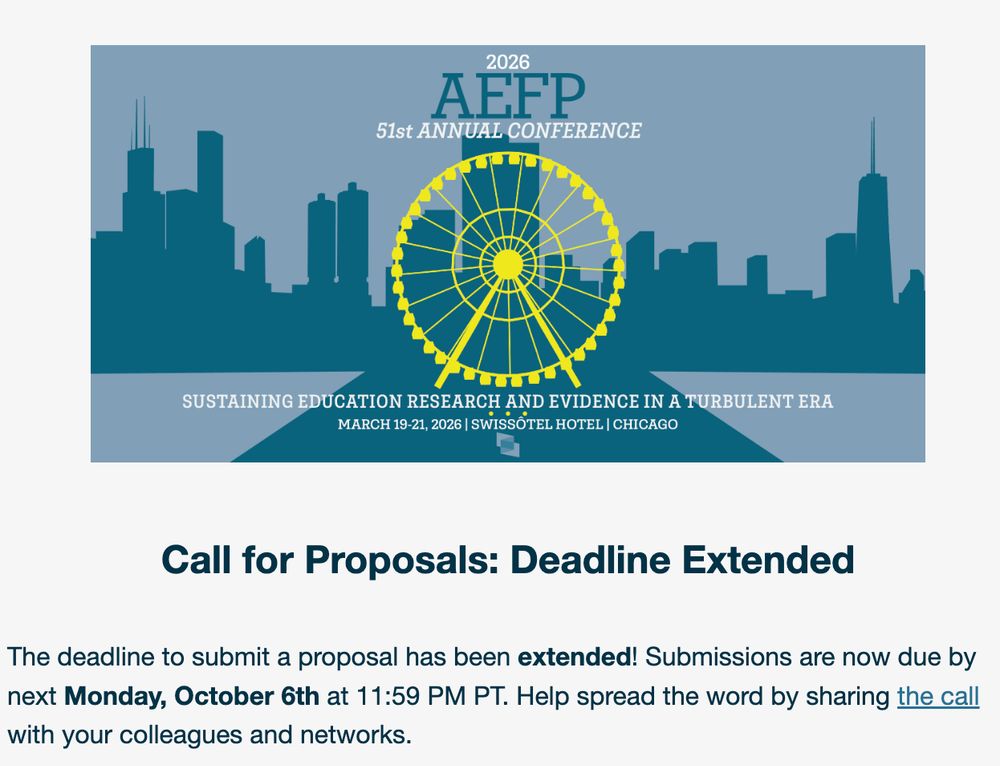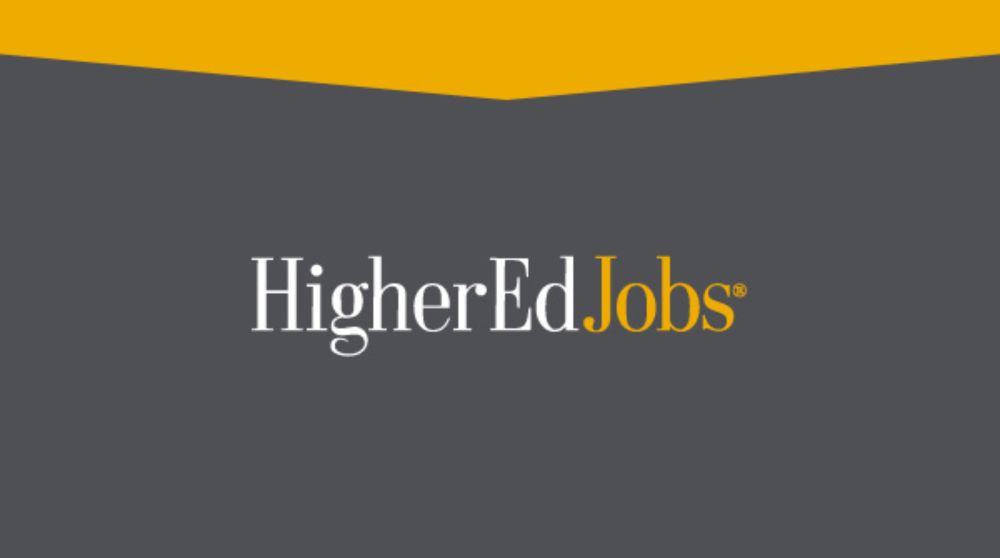Annaliese Paulson
@annaliesep.bsky.social
750 followers
1.5K following
81 posts
Present: Postdoc @annenberginstitute.bsky.social & computational social scientist studying higher ed.
Past: Marsal School of Education & Ford School of Public Policy; 2024 Spencer Dissertation Fellow; Most Fashionable Boy 2010, Kaukauna High School 🏳️⚧️
Posts
Media
Videos
Starter Packs
Reposted by Annaliese Paulson
Reposted by Annaliese Paulson
Reposted by Annaliese Paulson
Reposted by Annaliese Paulson
Reposted by Annaliese Paulson
Reposted by Annaliese Paulson
Reposted by Annaliese Paulson
Reposted by Annaliese Paulson
Reposted by Annaliese Paulson
Reposted by Annaliese Paulson
Reposted by Annaliese Paulson
Reposted by Annaliese Paulson
Reposted by Annaliese Paulson
Reposted by Annaliese Paulson
Reposted by Annaliese Paulson
Robert Kelchen
@robertkelchen.com
· Sep 3

Education Research Analyst GS-1730-14 (MP)
<p>There are two positions located in the U.S. Department of Education, Institute of Science in Washinton, DC. The Assessment Development Expert and the Assessment Administration Expert is respon...
www.usajobs.gov
Reposted by Annaliese Paulson
Annaliese Paulson
@annaliesep.bsky.social
· Aug 26















